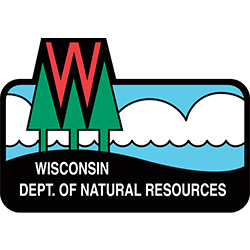Resource Details
Sustainability
WI Wildlife Damage Abatement and Claims Program
Wisconsin has a program that assists farmers when wildlife damages their agricultural crops. The Wildlife Damage Abatement and Claims Program (WDACP) provides damage prevention assistance and partial compensation to farmers when wild deer, elk, bear, geese and turkeys damage their agricultural crops. Wildlife managers issue agricultural damage shooting permits to farmers for removal of deer - and occasionally bear, geese and turkeys - that cause damage.
Eligibility
Eligible species include wild white-tailed deer, elk, black bear, Canada goose and turkey.
Eligible applicants must:
1. Own the crops being damaged.
2. Control hunting access on each crop field and all contiguous acres under the same ownership and control.
3. Allow public hunting during the open season for the specie(s) requesting abatement or claims assistance.
4. Follow normal agricultural practices
5. Agree to be cooperative. Abusive language, behavior or threats of violence will be considered a failure on the part of the enrollee to cooperate.
6. The permittee may not charge any form of a fee to a participant.




